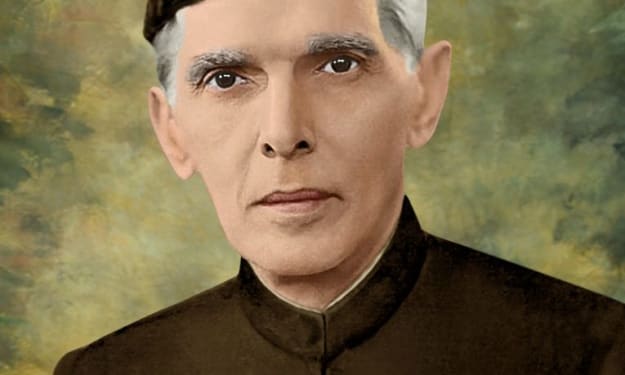
Introduction:
Yoga is an ancient practice that originated in India thousands of years ago. It encompasses physical postures, breath control, meditation, and ethical principles. Throughout its rich history, yoga has evolved into a holistic discipline that promotes overall well-being and harmony between the mind, body, and soul. This article explores the origins, philosophy, health benefits, and the transformative power of yoga.
Origins and Philosophy:
Yoga traces its roots back to ancient Indian scriptures, particularly the Yoga Sutras of Patanjali. The word "yoga" is derived from the Sanskrit word "yuj," which means to unite or join. The philosophical foundation of yoga is based on the belief that the mind and body are interconnected, and through the practice of yoga, one can achieve a state of balance and harmony.
The Eight Limbs of Yoga:
Patanjali's Yoga Sutras outline the eight limbs, or steps, of yoga, known as Ashtanga. These limbs serve as guidelines for leading a meaningful and purposeful life. They include:
Yamas: Moral and ethical principles that guide our interactions with others, such as non-violence, truthfulness, and compassion.
Niyamas: Personal observances that foster self-discipline, self-awareness, and spiritual growth, including cleanliness, contentment, and self-study.
Asanas: Physical postures that promote strength, flexibility, and balance while preparing the body for meditation and deeper spiritual practices.
Pranayama: Breath control exercises that enhance the flow of vital energy and promote mental clarity and relaxation.
Pratyahara: Withdrawal of the senses, turning the focus inward to cultivate mindfulness and inner awareness.
Dharana: Concentration practices that train the mind to become single-pointed and focused.
Dhyana: Meditation, the practice of sustained focus and contemplation, leading to a state of deep relaxation and heightened awareness.
Samadhi: The ultimate goal of yoga, a state of complete absorption and union with the higher self or universal consciousness.
Health Benefits of Yoga:
The practice of yoga offers a multitude of physical, mental, and emotional benefits. On a physical level, yoga improves flexibility, strength, and posture. It increases blood circulation, boosts the immune system, and promotes overall cardiovascular health. Regular practice can alleviate chronic pain, improve respiratory function, and enhance energy levels.
Yoga's impact on mental and emotional well-being is profound. It reduces stress, anxiety, and depression by activating the parasympathetic nervous system and promoting relaxation responses. Through mindfulness and meditation, yoga cultivates self-awareness, emotional resilience, and a sense of inner peace. It enhances focus, concentration, and clarity of thought, leading to improved cognitive function.
Styles of Yoga:
Yoga offers a diverse array of styles and practices, catering to different needs and preferences. Hatha yoga is a gentle form that focuses on physical postures and breath control. Vinyasa yoga synchronizes movement and breath in a flowing sequence. Ashtanga yoga follows a specific sequence of postures with a strong emphasis on physical exertion. Iyengar yoga emphasizes precise alignment and the use of props. Kundalini yoga focuses on awakening the dormant spiritual energy within. These are just a few examples, with each style offering unique benefits and approaches to the practice.
Yoga Off the Mat:
Yoga is not limited to the physical practice on the mat; it extends to our daily lives. The principles of yoga, such as compassion, mindfulness, and non-violence, can be applied to our interactions with others and our relationship with ourselves. The practice of yoga encourages self-reflection, self-care, and the cultivation of positive habits and attitudes. It invites us to live with intention and authenticity, fostering personal growth and transformation.
Yoga as a Spiritual Path:
For many, yoga goes beyond a physical exercise or stress-relief practice. It becomes a spiritual journey, a path of self-discovery and self-realization. Through meditation, devotion, and self-inquiry, practitioners deepen their connection with the divine and explore the limitless potential of their own consciousness. Yoga provides a framework for understanding the nature of existence, the interplay of body, mind, and spirit, and the inherent unity of all beings.
Conclusion:
Yoga is a transformative practice that nourishes the mind, body, and soul. It offers a pathway to self-discovery, inner peace, and holistic well-being. Whether seeking physical fitness, mental clarity, or spiritual growth, yoga provides a rich and diverse framework for personal transformation. Through the integration of physical postures, breath control, meditation, and ethical principles, yoga empowers individuals to lead balanced, meaningful, and fulfilling lives. Embark on this ancient journey, and discover the profound wisdom and joy that yoga brings.
About the Creator
Muqadas baloch
I am article writer and I am from pakistan subscribe me to keep updated from my newest stories.






Comments (2)
Muqadas baloch is not accepting comments at the moment
Want to show your support? Send them a one-off tip.